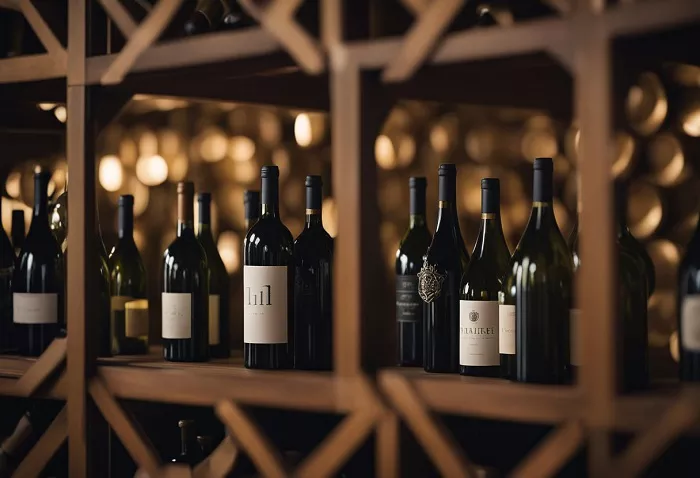Stellenbosch, South Africa — Journey’s End Vineyards has become the first winery in South Africa to receive B Corp certification, marking a major step forward in the country’s efforts to raise sustainability standards and promote greater transparency in organic winemaking.
Founded in 1995, the Stellenbosch-based winery has long prioritized environmental and social responsibility. Its certification acknowledges its commitment to ethical business practices, climate resilience, and biodiversity conservation, joining a global network of companies dedicated to the highest levels of social and environmental performance.
“As we conclude B Corp Month, Journey’s End proudly stands at the forefront of sustainable winemaking,” said Stephanie von Oppell, global head of marketing at Journey’s End. “We aim to inspire others in the industry to join us in creating exceptional, terroir-driven wines while making a positive impact on society and the environment.”
Pioneering Sustainability in Winemaking
Journey’s End has implemented a range of innovative sustainability measures. The winery operates entirely on off-grid solar power, is water self-sufficient through rainwater harvesting and wastewater recycling, and employs regenerative agricultural practices, including the planting of over 10,500 native spekboom succulents to improve carbon sequestration and soil health.
In addition to its environmental efforts, the Journey’s End Foundation has contributed significantly to local communities, providing over five million meals through female-run soup kitchens to combat food insecurity.
South Africa’s Organic Wine Sector Faces Challenges
Despite a growing global demand for organic wines—projected to reach $30 billion by 2030—South Africa’s organic wine industry remains underdeveloped compared to European leaders such as France, Italy, and Spain. Factors such as inconsistent certification and limited vineyard acreage have hindered progress.
However, the B Corp certification of Journey’s End, alongside recent certifications of other organic producers, signals a shift in the right direction. Alex Dale of Radford Dale has been outspoken about the need for true organic reforms in South Africa, criticizing greenwashing and calling for stricter standards to ensure authenticity in the sector.
As sustainability becomes an increasingly important factor for consumers worldwide, South Africa’s wine industry faces mounting pressure to align with global trends. Journey’s End’s pioneering achievement serves as a model, providing hope that more wineries will follow suit in the push for higher organic and sustainability standards.
You Might Be Interested In:


